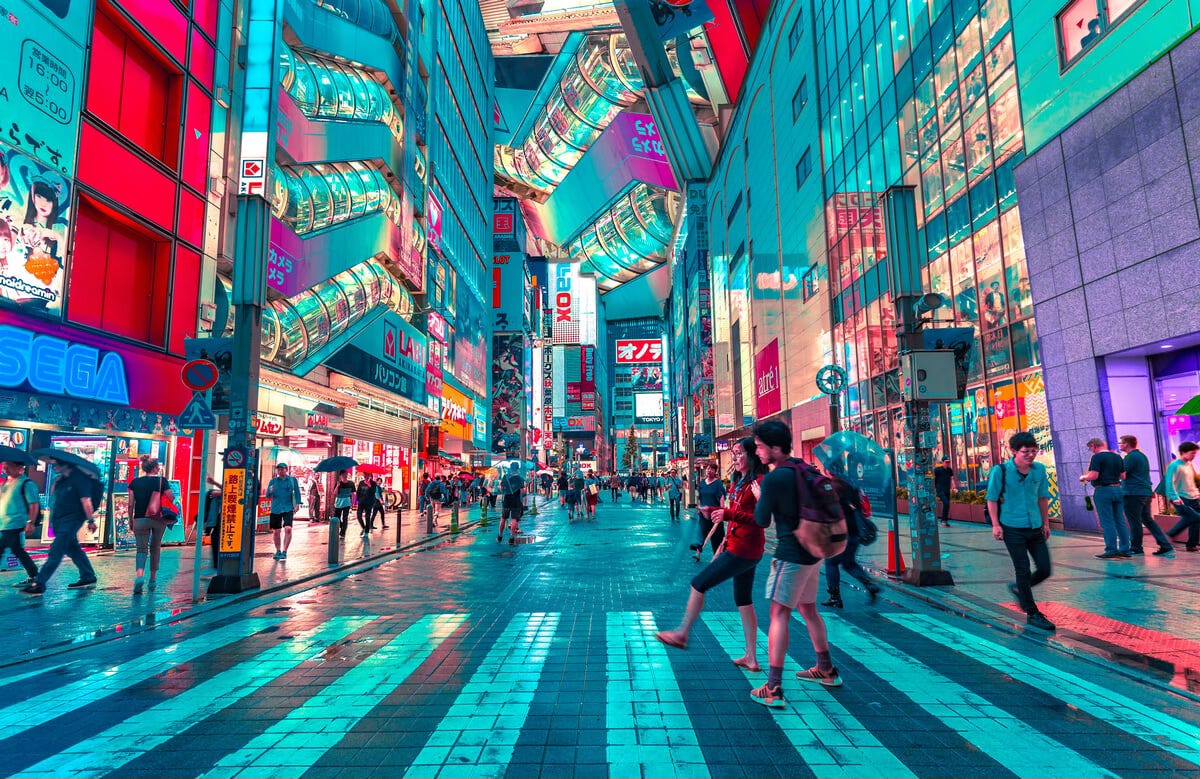The Agent Economy that is Killing Fintech UX
What happens when your perfectly optimized checkout meets a customer that has no eyes?
Your shopping cart is (quite likely) dead. While organizations obsessed over conversion funnels and button colors, AI agents quietly started doing the shopping for us. Visa just dropped “Visa Intelligent Commerce” – teaming up with Microsoft, OpenAI, and Anthropic to build agents that handle everything from groceries to getaways. In other words: Consumers won’t visit online stores anymore, their agents will. And this is about to get very disruptive to fintech solutions that have gone all-in on the user (human!) experience.
Companies that made fortunes on “frictionless checkout” are about to learn that the smoothest transaction is invisible. In fact, market value for AI agents has skyrocketed from $3.7 billion in 2023 to $150 billion in 2025, a trajectory that makes crypto look tame. These aren’t glorified shopping bots. They’re negotiating contracts, managing workflows, making decisions. No humans required.
And the data’s brutal. Salesforce: 43% of retailers piloting autonomous AI, 53% evaluating it. Gen Z uses AI for shopping 10x more than boomers. Your next customer? Probably not human.
Here’s what’s happening in the near future: Your AI notices you’re low on coffee. Checks your calendar (early meetings), health data (acid reflux issues), and orders your usual, but switches to a lower-acid option. Transaction happens machine-to-machine. No browsing. No cart. Just coffee at your door.
This isn’t happening in theory, fintech startup Affiniti recently raised $17M for AI “CFO agents” with actual spending power. These aren’t just tools, they are decision-makers with buying authority.
Traditional fintech optimized for human psychology. Perfect flows, green buttons, financing pop-ups. But agents don’t have psychology. They have APIs. Bolt raised millions perfecting one-click checkout for a world that’s already gone. Fast, the checkout unicorn, burned $124M building beautiful interfaces nobody will ever see. They optimized for humans while the world went headless.
The old game: embed trusted checkout everywhere. The new reality: AI agents skip the front-end entirely. Unless these platforms become agent protocols, they’re building bridges to nowhere. Buy Now Pay Later giants like Klarna and Affirm? Same story. Their checkout promotions and flexible payment UIs mean nothing to algorithms that are making pre-optimized decisions.
What we’re seeing is the emergence of invisible markets: transactions happening without user awareness, in micro-moments between AI systems. Tomorrow’s marketplace won’t have storefronts, just protocols. The buyer’s agent IS the buyer. Forget UX, you need machine-readable APIs, authentication standards, transparent pricing logic. We’re witnessing a fundamental shift from platforms to protocols. Platforms ruled the web economy, but protocols will govern the agent economy.
This can become commerce’s biggest disruption since the shopping cart itself. And ironically, it’s the cart getting disrupted. Fintech’s billion-dollar checkout experiences are about to meet a future that’s invisible, automated, and agent-driven.
@Kacee
P.S. Want to dig deeper? Listen to Pascal’s conversation with founder and former CEO of ChannelAdvisor Scot Wingo, who now works on an AI startup doing exactly what is described above. And if you want to go really deep, subscribe to Scot’s newsletter and podcast Retailgentic.



Yesterday I read was somewhat naive post from a popular and rather successful entrepreneurship social influencer.
They were flexing over abandoning their YouTube revenue because they foresaw how AI-generated content will flood the zone to where its pointless for humans to try. Instead, they were doubling down on their podcast revenue and hence community.
But what he didn't seem to acknowledge is that a zone flooded with AI content will squeeze the entire information-overloaded attention economy, not just specific formats.
What's bound to happen to fintech UX is likely to also bound to the attention economy: intermediation by AI agents that consume, digest, filter, and repackage most of the content overload before human eyes or ears ever receive it.